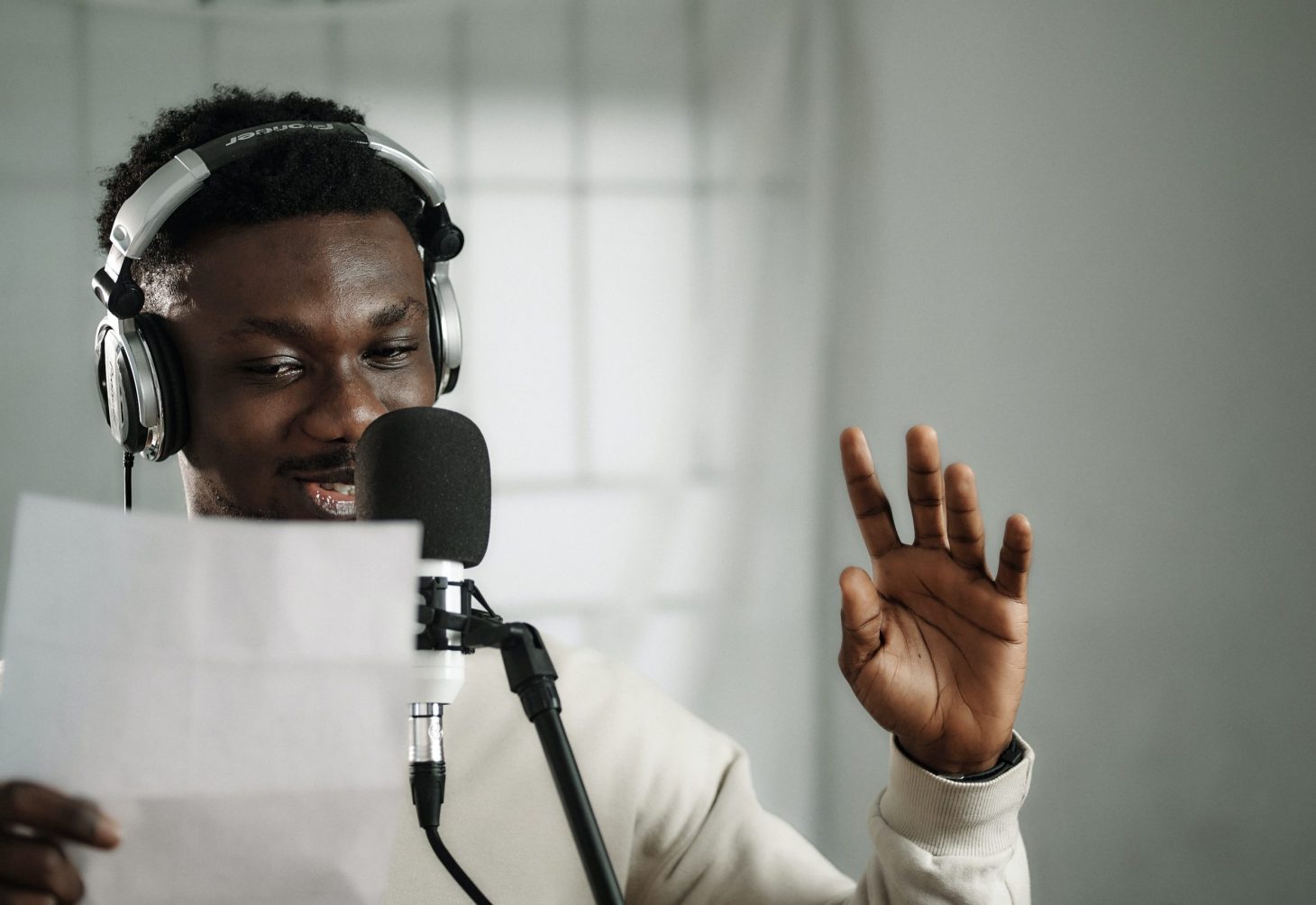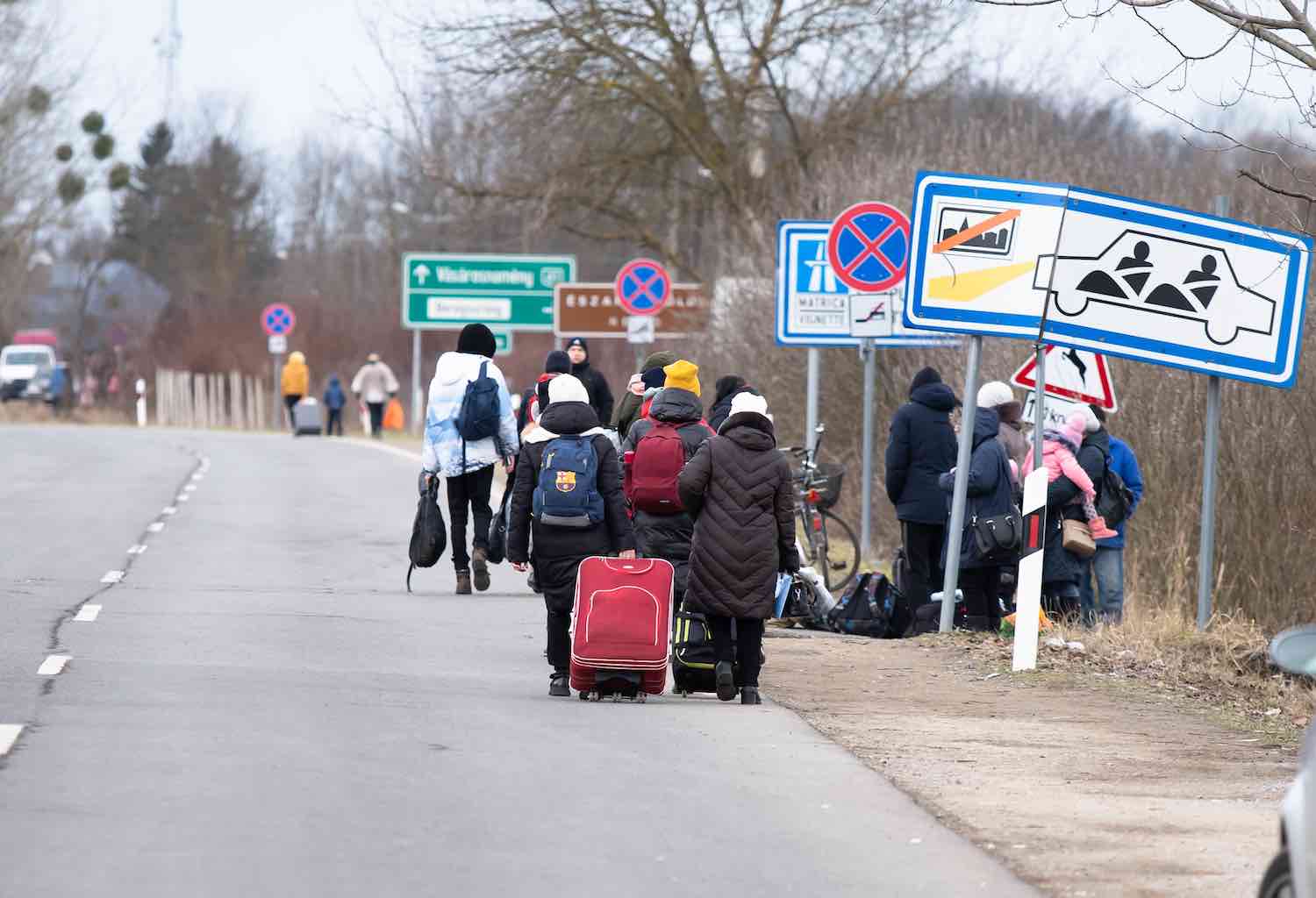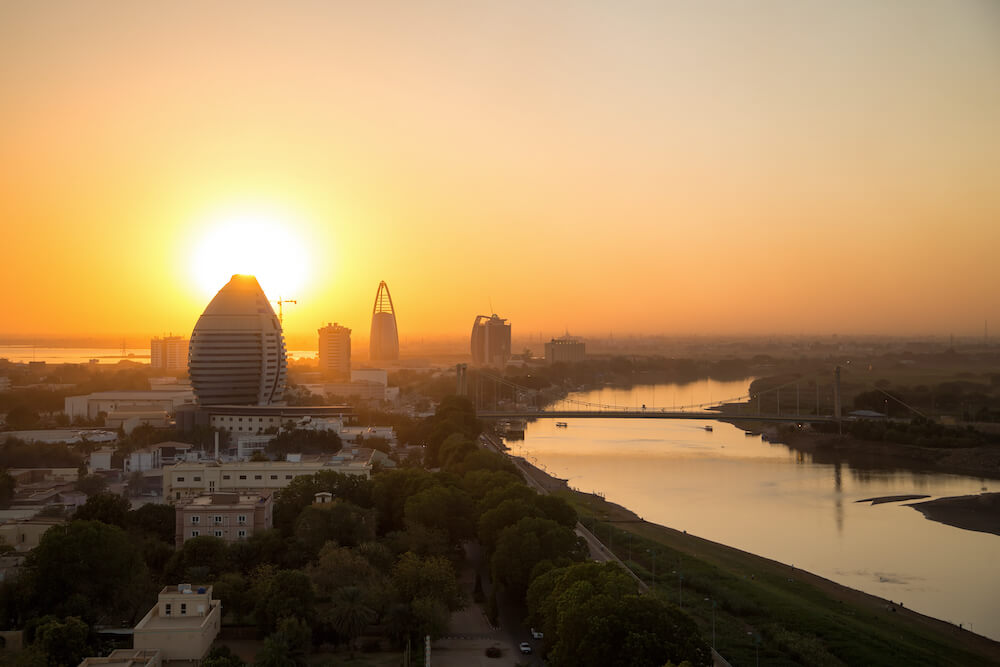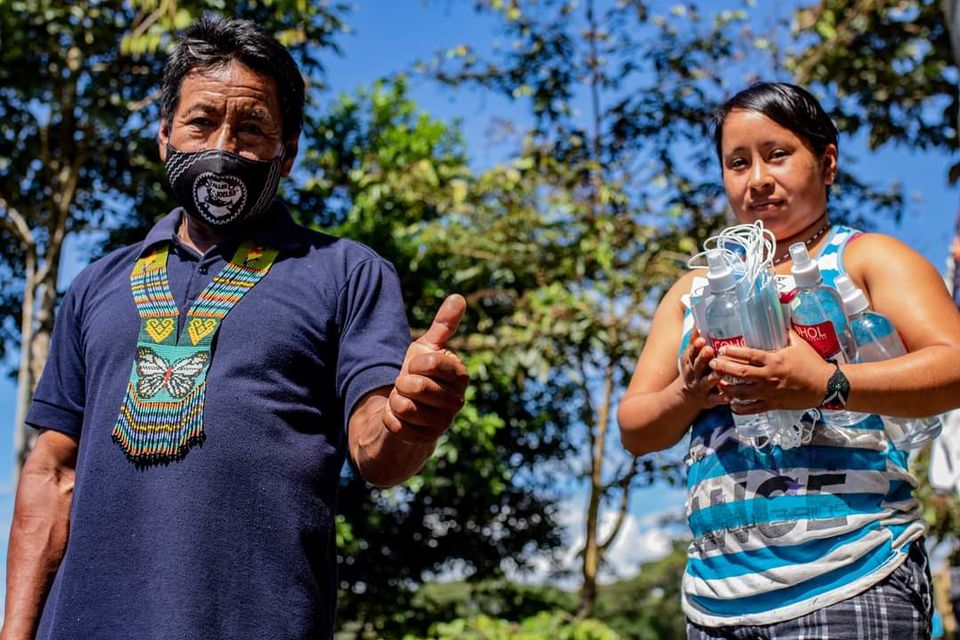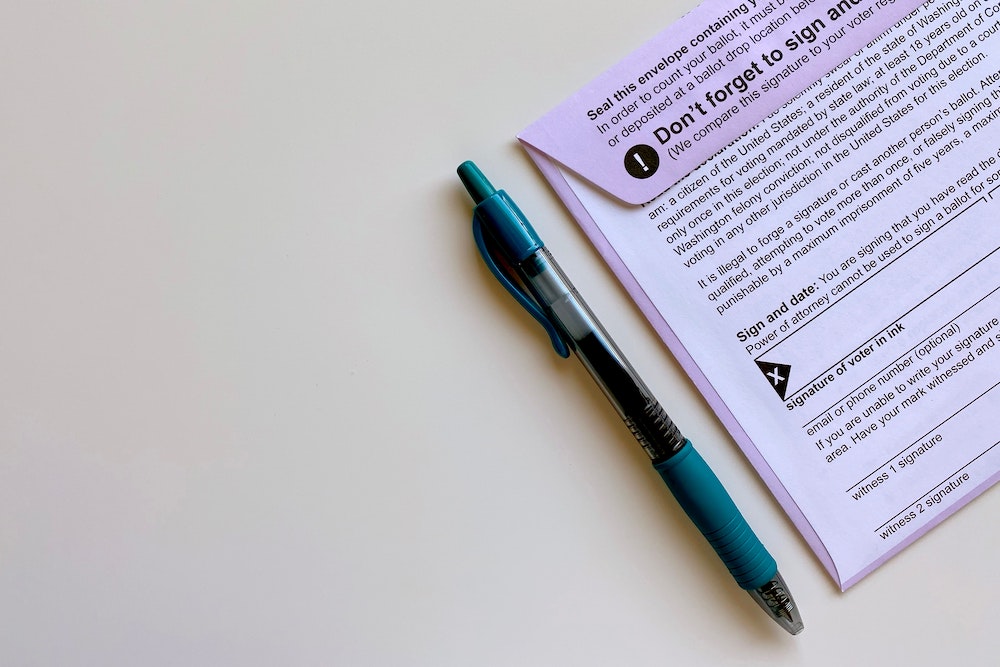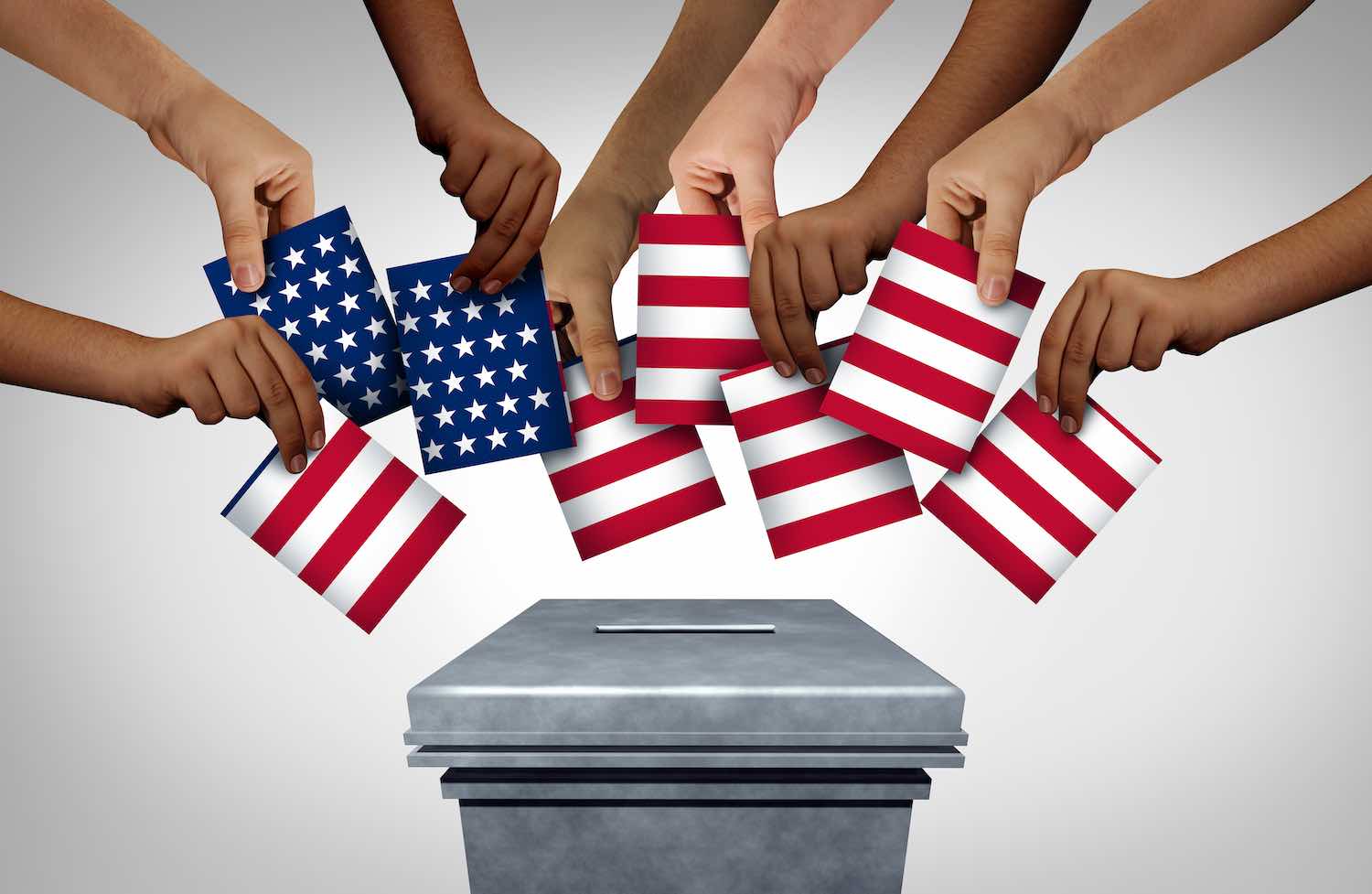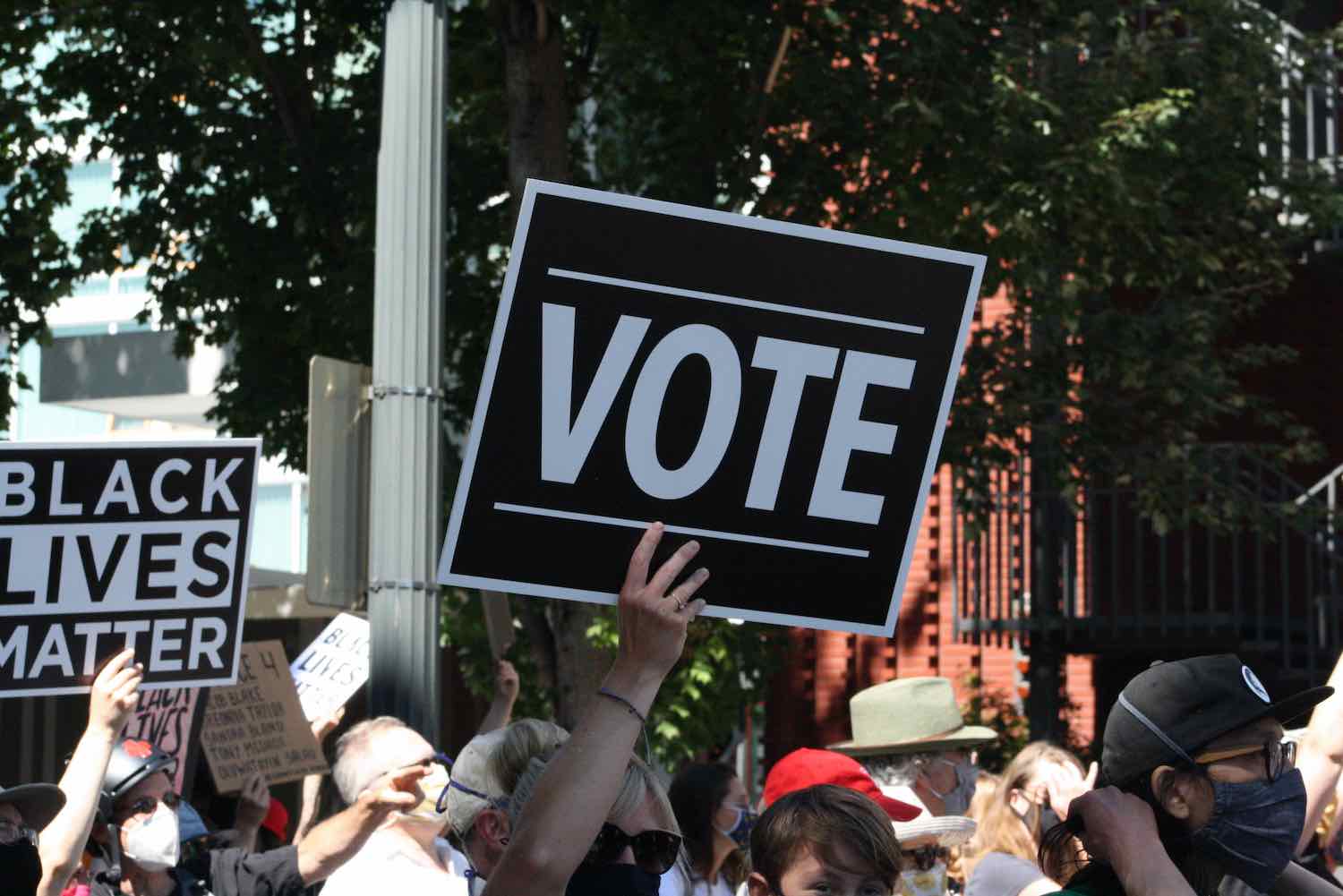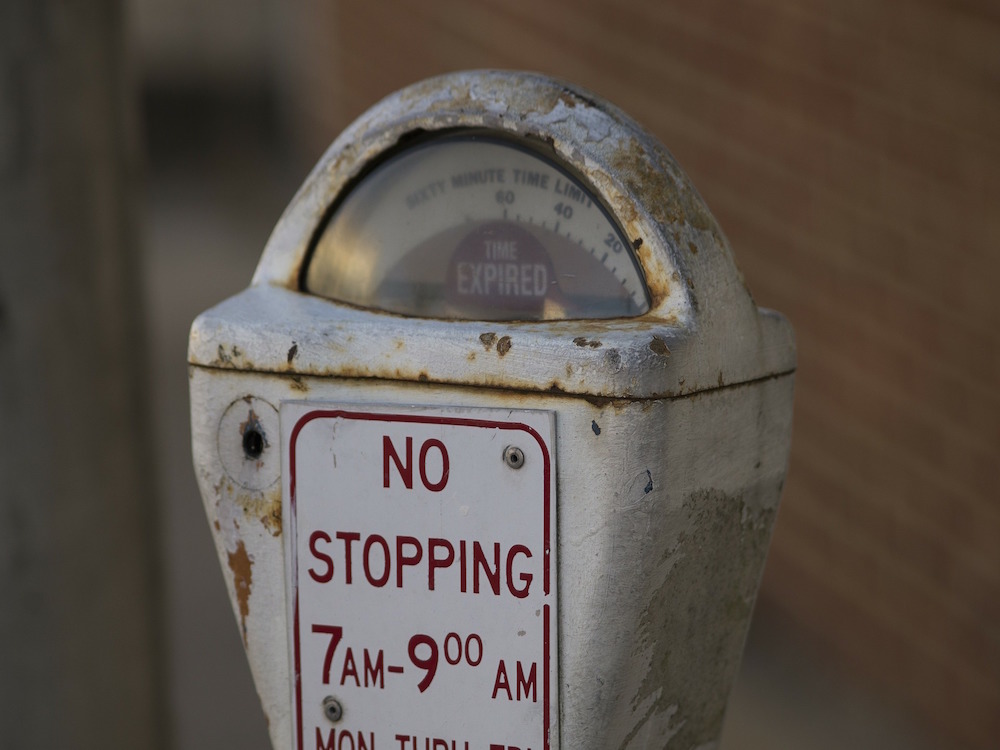ImpactAlpha, Mar. 9 – Western investors in Russia are running away from political risk.
For more than two decades, Media Development Investment Fund has run toward such risks.
The investor exodus from Russia following the invasion of Ukraine has been portrayed as a statement against autocracy. MDIF makes a different kind of statement in countries where freedom is under threat: financing independent news outlets as key pillars of peace and democracy.
“Political risk is part of our business model,” says Harlan Mandel, the CEO of MDIF since 2011. “If there is no political risk, we’re not going to work in a given country.”
As democracies around the world come under threat, MDIF’s experience offers lessons for investors of all impact-stripes working to build businesses and support robust societies. The nonprofit investor’s evergreen general fund has invested more than $100 million in debt and equity in 40 countries since 1996. MDIF’s Emerging Media Opportunity Fund is a $13 million growth capital fund for digital news providers and younger startups. The $6 million MDIF Media Finance has provided affordable loans to media companies in Malawi, Serbia, India – and Ukraine.
In a Q&A with ImpactAlpha, Mandel said MDIF’s current and former clients in Ukraine have become essential sources of information from the frontlines of the war.
“They’re defiant,” Mandel says. “The Ukrainian response to this has been extraordinary to watch and our clients are part of that.”
MDIF is backstopping its portfolio companies with cash as advertising markets dry up. With other media support organizations, it’s mobilizing flak jackets and newsprint to replace paper that was sourced almost entirely from Russia.
MDIF has no investments in Russia, which ranks 150th out of 180 countries in Reporters Without Borders’ Press Freedom Index. The organization backed much of Russia’s independent, regional press before losing its entire portfolio in the country in 2016, when Russia’s prosecutor-general declared the media investor “undesirable.”
Its mission to foster free and independent media has taken MDIF to Zimbabwe and Somalia in Africa, Cambodia and Philippines in Asia, Venezuela and Colombia in South America and many more places where a free press is under threat. Misinformation contributed to the Yugoslavian wars, the genocide in Rwanda and the current crisis in Ukraine, Mandel says.
“The only way to really counteract it is with accurate information from sources that have developed a reputation for trust,“ he says. “We’re betting that our investments are going to contribute to moving these countries into more accountable environments, governments, societies.”
“If that’s the case, our investments are going to do better.”
ImpactAlpha: In the wake of the invasion, we’ve seen a rush of divestment. We’ve heard less about investors with strategies to promote democracy. That’s the Media Development Investment Fund, no?
Harlan Mandel: Taking on political risk is part of our business model. In a way, if there is no political risk, we’re not going to work in a given country. There’s a correlation between poverty and corruption. So where you’re doing development work, it’s hard to avoid corruption. In our work, which is promoting open society and democracy, it’s impossible to avoid its potential impact.
ImpactAlpha: MDIF has investments in Ukraine. How are they?
Mandel: I would say they’re defiant. We have a newspaper that we’ve worked with in Melitopol – each side is claiming they’re in control of Melitopol right now. And then in Kherson, which is the most major city under control of the Russians as of a couple of days ago, after heavy fighting. And that’s where there were reports today about Ukrainian citizens protesting against the Russian soldiers. I just was reading an interesting report that said that the Russians brought in a bunch of actors from Crimea to give out food and the citizens of Kherson just refused it all because they knew it was just a photo op.
The Ukrainian response to this has been extraordinary to watch and our clients are part of that. They’ve continued to report even now. Those are both local newspapers in those two cities. We have another client that is based in Kiev. They’re a digital media outlet called Liga.net and they continue to report quite extensively. We work with another newspaper in Bukovina, which is in the southwest. They’ve been less affected by the violence. And then a former client of ours in Lviv, Express, which is the largest Ukrainian language newspaper, in terms of readership. Lviv is largely out of the violence zone at this point.
It should not be a surprise that the advertising market has collapsed, to say the least. So there’s really no revenue for any of these companies right now. They’re largely giving away their news. We’ve been trying to provide some grant support to keep them going during this time.
ImpactAlpha: Do you have media investments in Russia as well?
Mandel: We were declared “undesirable” in Russia. That essentially means we were banned from working in Russia. So we lost our portfolio there. We had worked with most of the independent, regional press and some TV. To a large extent, we had to walk away. Being declared undesirable, it’s like being put on the sanctions list.
ImpactAlpha: I imagine a number of outside media investors were put on that list. What is the state of funding for independent media in Russia?
Mandel: I think we were the last international media support organization still working in any kind of significant way in Russia. That’s because we were organized there as for-profit under Russian law. I think they were focused on nonprofits before they identified us. There has been support for Russian media, particularly for Russian media that is, to a certain extent, based outside of the country. They operate inside as journalists, but they’re legal home is outside the country. In addition, there’s been some level of donor support one way or the other going in to Russia. But obviously, not anymore.
ImpactAlpha: MDIF began with support for independent press in former Soviet countries, correct?
Mandel: We started in eastern Europe and the former Yugoslavia, in 1995. Our first loan was in 1996 in Slovakia. We started working on a project in Ukraine in 1998. And I think we made our first loan there in 1999. We were even working in Indonesia before we were working in the former Soviet Union, so I wouldn’t say we began there.
ImpactAlpha: Has underinvestment in free and independent media contributed to conflicts like the one we’re seeing now?
Mandel: I think that it’s a huge contributor. International media support really accelerated as an aid sector with the wars in Yugoslavia. The international community recognized that manipulation of people through the media was one of the major causes of the conflict in the former Yugoslavia. And that has continued everywhere. If you look at the genocide in Rwanda, it was really largely driven by radio programming. And in many ways, it’s also true for the conflict in Ukraine, which began with the division between the Russian-speaking part of Ukraine and the Ukrainian-speaking part of Ukraine, back in 2014. Media was part of that because the Ukrainian government had passed a law that said all TV in Ukraine needed to be in Ukrainian language. And that drove the Russian-speaking part of Ukraine to rely on Russian broadcasts. So it created this dichotomy in the worldview.
What’s interesting now is that most Russian-speaking Ukrainians consider themselves Ukrainian in this conflict. That’s really the result of seeing how much they were being told by Russian media had been disinformation, in light of the experience of those in Crimea and the occupied territories after Russia took over.
In Putin’s ability to sustain the conflict internally, certainly misinformation has got to be part of that process. Yesterday, there was coverage of the fact that you have all of these people in Ukraine who have family in Russia, and they don’t believe their own family when they tell them what’s happening. That’s the power of misinformation. You’re willing to believe, in a sense, what you see and hear with your own eyes on TV over what somebody who you know is personally experiencing. Misinformation is incredibly powerful. The only way to really counteract it is with accurate information from sources that have developed a reputation for trust. And that’s what we do.
ImpactAlpha: What does it mean to have an investment thesis that’s pro-democracy in a country that’s hostile to democracy?
Mandel: We don’t work in countries, at least when we start working there, that are completely inimical to a free press. So, for example, we can’t work in China. There is no real independent media to work with. Independent media has to exist enough for us to find them.
Then, there has to be some level of rule of law for us to be able to make a loan or an equity investment and feel like we can enforce it, if necessary. I think we can push that pretty far. If you look at the countries we’ve worked in – Russia, Zimbabwe, Cambodia, Malaysian and the list goes on – they do have some basis of rule of law for their commercial systems that one can potentially rely on, with caveats about corrupt legal systems and the challenge of enforcing contracts anywhere. And we’ve had to do that in a number of cases. We know that those systems can work.
It’s important to know who you’re investing in and who’s running those companies. The people we work with, if they’re working in those environments, they have a track record of understanding how to navigate those environments. They’re generally walking up to the line but they know how not to go over it. Or how to put their foot across it and pull it back fast enough, while maintaining the ethics of independent, responsible, accurate news reporting. They obviously take much more risk than we do. And we have to believe that they can manage it. That’s one piece.
A way of looking at that risk-taking from a positive sense is that we are able to help mitigate the risks for those companies. By making them financially stronger by virtue of investment and the skills building that we provide. One of the best protections is having the resources so in the case of an advertising boycott, for example, you’ve got an economic base that can withstand that.
The other way that we’re able to help is, as a foreign investor, we bring a certain level of credibility to the company. That’s part of what helps them stand up when they come under attack. They have to be seen by the general public as credible. As a foreign investor we’re able to advocate for that company in a way that, for example, a donor wouldn’t be able to do. It kind of depends on the relationship of the government with the U.S., or Western countries, or the international community. But for example, in Poland it is a benefit to be a U.S. investor. And there are also bilateral investment treaties that we can point to try to provide some protection in some cases.
I think for most journalists in those environments, the shield of the international community is probably the best protection that they are able to get. So our ability to try to activate that more is really useful.
ImpactAlpha: What are you able to do in a situation like this, where there are parameters in place when you enter a country, but then it deteriorates?
Mandel: In a situation like Ukraine, we have access to funds that we can contribute beyond our investment pools. We are organized as a 501(c)(3) nonprofit. We do have pools of funds that we’re able to draw on, which we can use for grant giving. You look at what journalists in Ukraine need right now. They need money, because there’s no revenue. They need body armor. Flak jackets. And weirdly enough, there has been a run on bulletproof vests in Europe. They’re impossible to find.
The third thing is newsprint. Most of the newsprint, probably all of the newsprint, used by the Ukrainian newspapers came from Russia. So they have to find new sources for newsprint in western Europe. We and a whole bunch of organizations are working to try to solve those problems. The cash one is relatively easy, as long as it’s still possible to get money inside. At some point that won’t be the case anymore. Materials are much harder, both in terms of getting access to them and then the logistical issues of getting them across the border and into a conflict area. Our ability to help with that is somewhat limited. We can provide financing and we can try to hook people up.
ImpactAlpha: How does an analysis of political risk show up in your investment process?
Mandel: As a lender, for example, when we make a loan we have to assess the actual value of that loan given the risk of loss. So political risk should be part of that risk of loss calculation. In our younger days, we very consciously said, “Okay, we’re not going to think about political risks. We’re just going to treat this as a company in a normal country. Because our business is to take that political risk.” Over time that has become not practical. One of the factors that we evaluate is the country environment and the market, and those influence the way we rate those things as part of our risk rating process. Nothing revolutionary there. It’s like a standard lending process.
In terms of choosing to make an investment, it’s more about how to try to mitigate that risk upfront. You’re really understanding the people we’re working with and how well they are able to navigate. We do a very, very deep dive into ownership of everybody we work with. We won’t work with any company where we don’t know who the ultimate owners are. If we have any sense of corruption, we won’t go there. Or also any involvement with political parties or political actors, or oligarchs, narco-traffickers – we avoid all those and we’re very committed to making sure that we don’t work with anybody who has that kind of ownership, even if it’s far, far in the back.
It’s also important to understand: Is the company you’re investing in a part of the problem? The news industry has its own unique set of concerns, but I think any company in one of these markets has to have that concern. Are they participating in corruption? That creates a certain amount of risk right there.
Energy is a major area for foreign investment in these countries. And many energy companies appear on ESG lists. In our sector, for example, Putin has used Gazprom, which is probably the largest energy company in Russia, and the Polish government has Orlen, which is the largest energy company in Poland, actually in Central Europe, to roll up media companies, to essentially have control. There are other parastatals out there that get significant investment from foreign investors that are part of the problem.
ImpactAlpha: Say more about how MDIF manages against the risk of these sort of roll ups.
Mandel: The issue we’re talking about is media capture. That is the effective capture of media companies by either the state or economic interests that are aligned with the state or other power centers. It’s always been a problem. It’s an issue that we’ve always fought in different ways. In recent years, it has become a particular problem in eastern and central Europe. The poster child for that is Hungary. (Victor) Orbán, the prime minister of Hungary, has been in power for a little over a decade. When he came to power, there were a few hundred independent news providers in the country. Today, there are a handful. They acquired hundreds of media outlets in various ways, mostly through surrogates or business cronies, often financed by state financing institutions. A few years ago, those surrogates donated all those companies to a government-owned trust. So you now have almost all the media in the country owned by one government-owned trust. You’re right back to the Soviet model.
They’re the worst case right now. But we see it all over the region, with either concentration of ownership of media in government controlled hands or the hands of a few of the richest people in the country, often who have political interests. The Berlusconi model.
ImpactAlpha: Does having MDIF as an investor help mitigate the risk of media capture?
Mandel: Yes. There are shareholders who want to sell or need to sell and that puts those shares at risk because you can have a bad actor come in. We’ve addressed that situation in various cases. In the former Yugoslavia, for example, in communist times, there was a form of ownership called social ownership. A lot of news companies that had been around for decades, when things changed, they were privatized, and everybody who worked with a company or who ever worked at a company got shares. There would be a significant part of the ownership that was being held by individuals who really were not interested at all in the role of that news outlet as an independent source of information. There may have been a lot of people who were like janitors, for example, who were getting shares. So, for example, in a case in Croatia we provided financing for a group of managers and committed journalists, 50 people, to create a holding company. That created safety and then we also took an ownership stake to harden the ownership further.
ImpactAlpha: Because what you did could easily be done by the wrong actor.
Mandel: That’s exactly right. Pluralis is a new investment vehicle that we launched in Europe last year. It’s organized as a holding company, and it’s specifically aimed at maintaining or advancing media pluralism and part of that is fighting media capture. It’s a holding company with the major shareholders being west European philanthropy, very high-quality west European media companies, and impact investors. It’s a unique grouping of owners, particularly having the commercial media companies in there as owners. These are companies that are very committed to their own production of high-quality journalism, and they recognize the importance of maintaining it elsewhere in Europe.
in Slovakia, a German newspaper company that owned half of this Slovakian company, decided they wanted to get out. There was a Slovakian hedge fund that was going to pay far above fair market value for that stake and the Germans sold it to them. Why were they willing to do that? Well, the newspaper happened to have published a series of exposes about that company, and government corruption, which led to a major scandal where the government fell as a result. We were able to buy them out of the company. That’s one way that we, Pluralis, were able to reverse a case of media capture.
In Poland, Pluralis took a large stake in the second largest newspaper in the country, kind of like Poland’s The Wall Street Journal. It was likely to be sold to Orlen, the state energy company that I mentioned earlier. We were able to take a stake in the company and therefore obviate the need for that sale to the oil company.
ImpactAlpha: Can you say a bit more about the role of independent media and why people and investors and society should take it seriously?
Mandel: I would say in a completely self-interested way that impact investors should be investing in independent media either directly or through us or other funds that do this. It’s a way of mitigating political risk. Independent media plays a vital role in ensuring a fair and accountable environment for businesses that operate there. And it is part of the process of reducing corruption and creating transparency, which should work to the benefit of impact investors in that country because hopefully they’re not participating in the corruption.
ImpactAlpha: And safe to say that independent media is significantly under invested in?
Mandel: Yes, I think it’s very safe to say that. The challenges for many of them, as we say, is getting access to capital without strings attached. And that’s the thing. There’s plenty of people who are interested in capturing independent media, and providing capital in that context. But what they really need are investors who are committed to the mission and not interested in interfering with editorial.
ImpactAlpha: Do you have any other takeaways or lessons from investing and supporting organizations that are trying to build a better society in these countries?
Mandel: For every investment there’s a bet. We’re betting that our investments are going to contribute to moving these countries into more open, accountable environments, governments, societies. If that’s the case, our investments are going to do better. Because then there’s more space to operate as an independent news organization. There’s a very strong alignment between the investment thesis and the mission. So I think that for other kinds of investments that should be part of the calculus as well.
ImpactAlpha: Versus investments that succeed because of corruption.
Mandel: I think that’s what you want to avoid. Because then you’re part of the problem.
Dennis Price was previously a consultant for Media Development Investment Fund.




